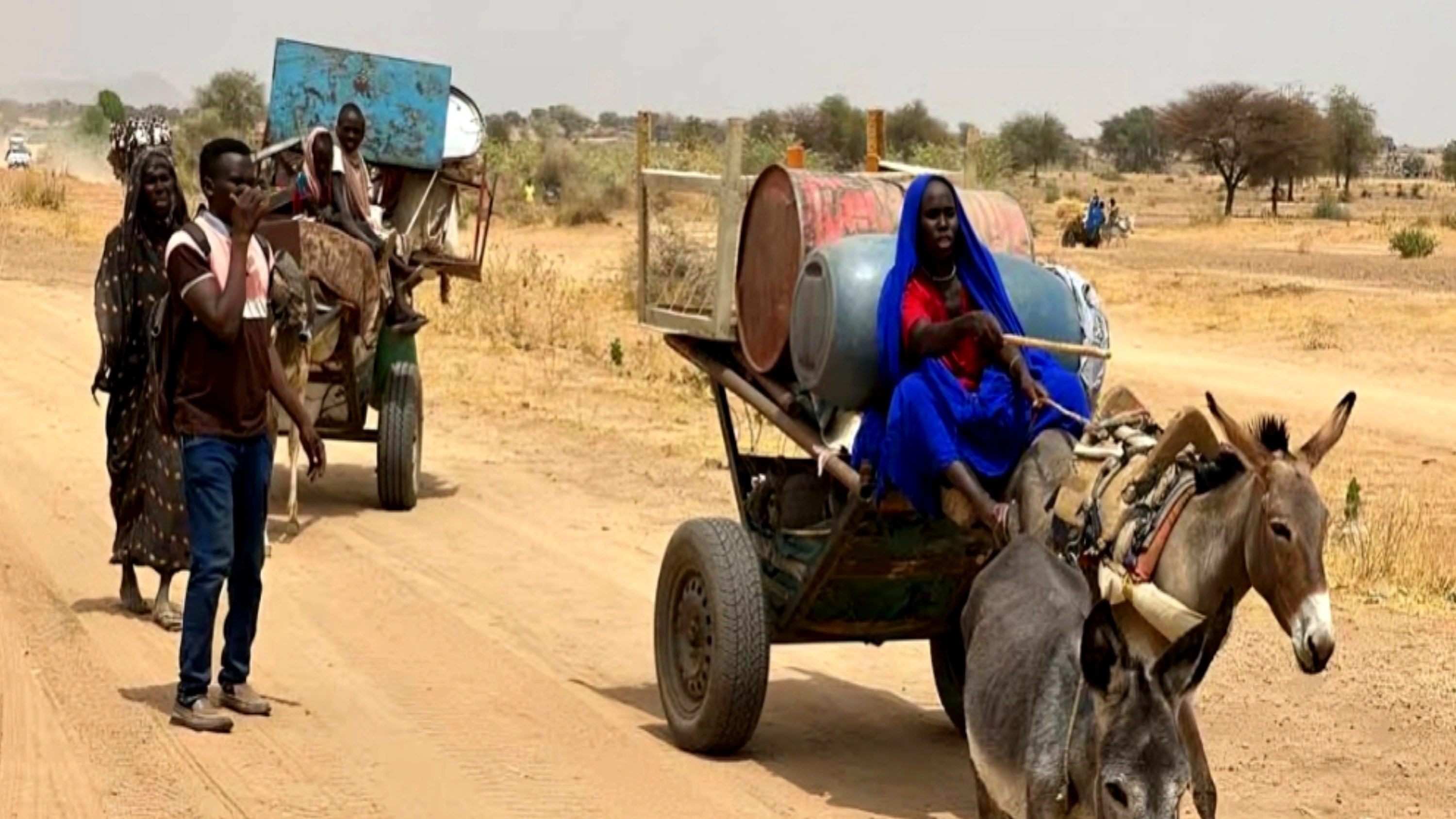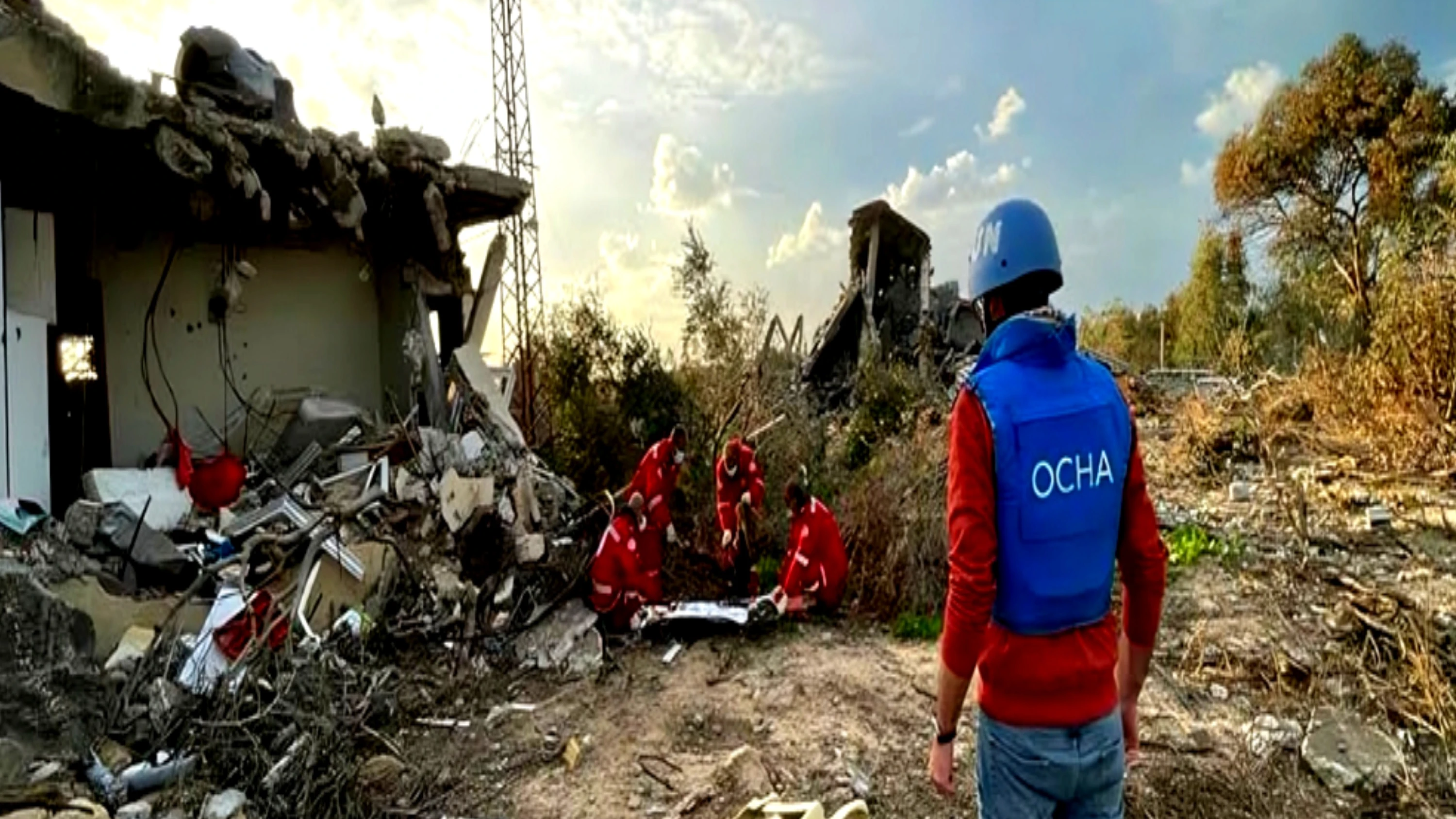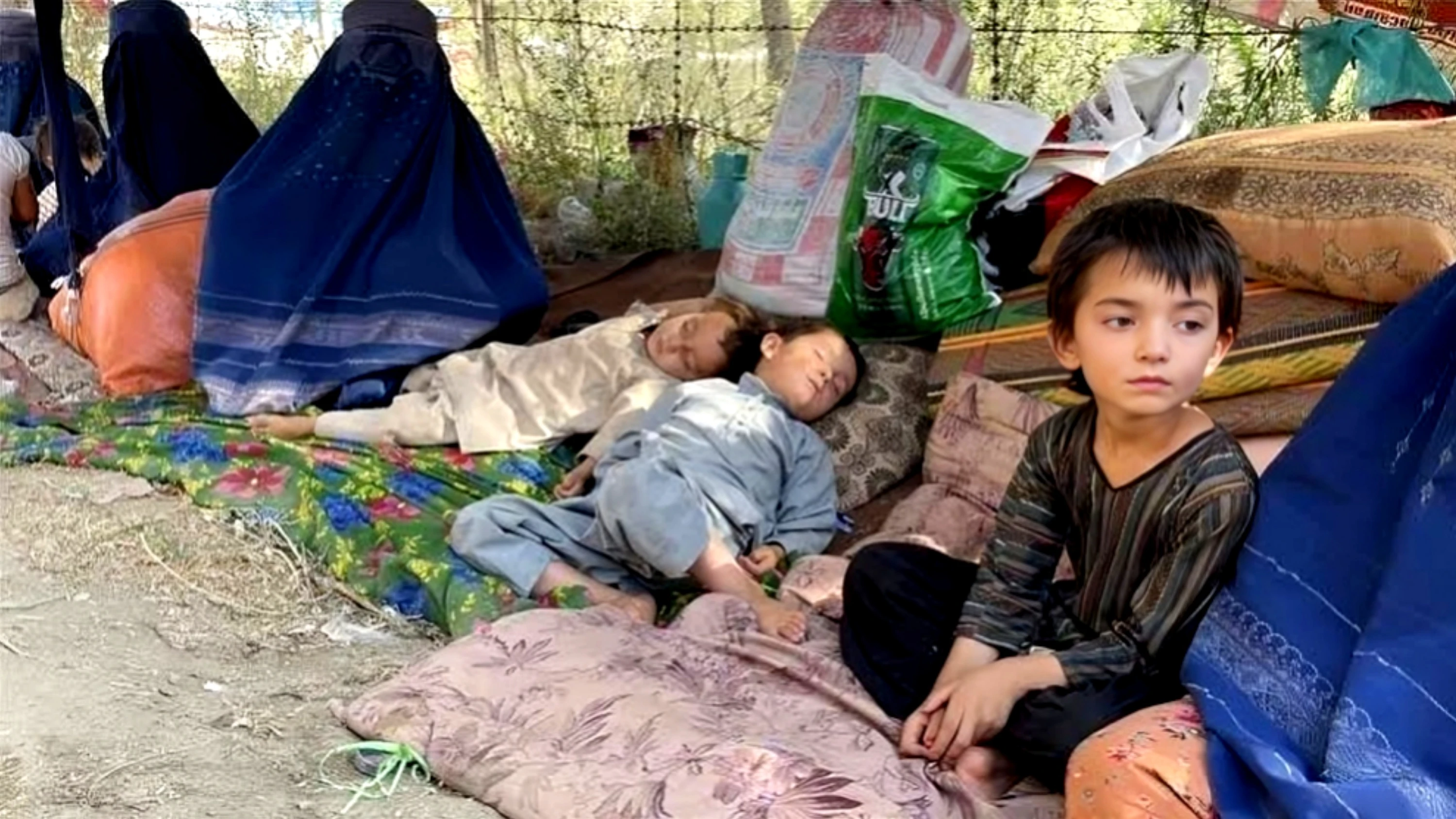Al Fasher: The United Nations Office for the Coordination of Humanitarian Affairs (OCHA) has raised alarm over the deteriorating security and economic conditions in Sudan’s North Darfur, warning that these challenges continue to drive widespread displacement in and around Al Fasher.
According to the International Organization for Migration (IOM), more than 1,200 individuals fled Al Fasher town and the nearby Abu Shouk displacement camp between 18 and 21 June alone. This follows the earlier displacement of around 7,600 people from the same areas during June, contributing to a staggering total of over 400,000 people displaced since conflict intensified in April.
Many of those recently uprooted have relocated to other parts of Al Fasher locality, where fighting remains active and humanitarian access is severely limited. Others have sought safety in locations such as As Serief and Tawila, where aid agencies have been supporting new arrivals in recent months.
OCHA has also expressed deep concern over the crippling impact of funding shortfalls on humanitarian efforts across the country. The UN Population Fund (UNFPA) reported that financial constraints have forced it to halt operations at more than half of the 93 health facilities it previously supported nationwide. Although UNFPA continues to deliver vital reproductive health and protection services, it has so far secured only 25% of its required funding for 2025, placing critical care for women and girls in jeopardy.
The humanitarian crisis continues to deepen as nearly 25 million people across Sudan face acute food insecurity. Disruptions to supply chains and widespread loss of livelihoods are worsening hunger levels. The World Food Programme (WFP) notes that the average cost of its local food basket has surged by 14% since April and is now 113% higher than in May 2024.
OCHA has urged the international community to provide sustained financial support and ensure safe, unhindered access to people in need, warning that time is running out to stem the crisis.








